-
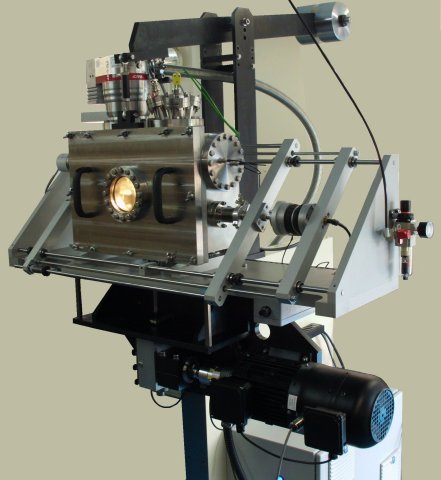
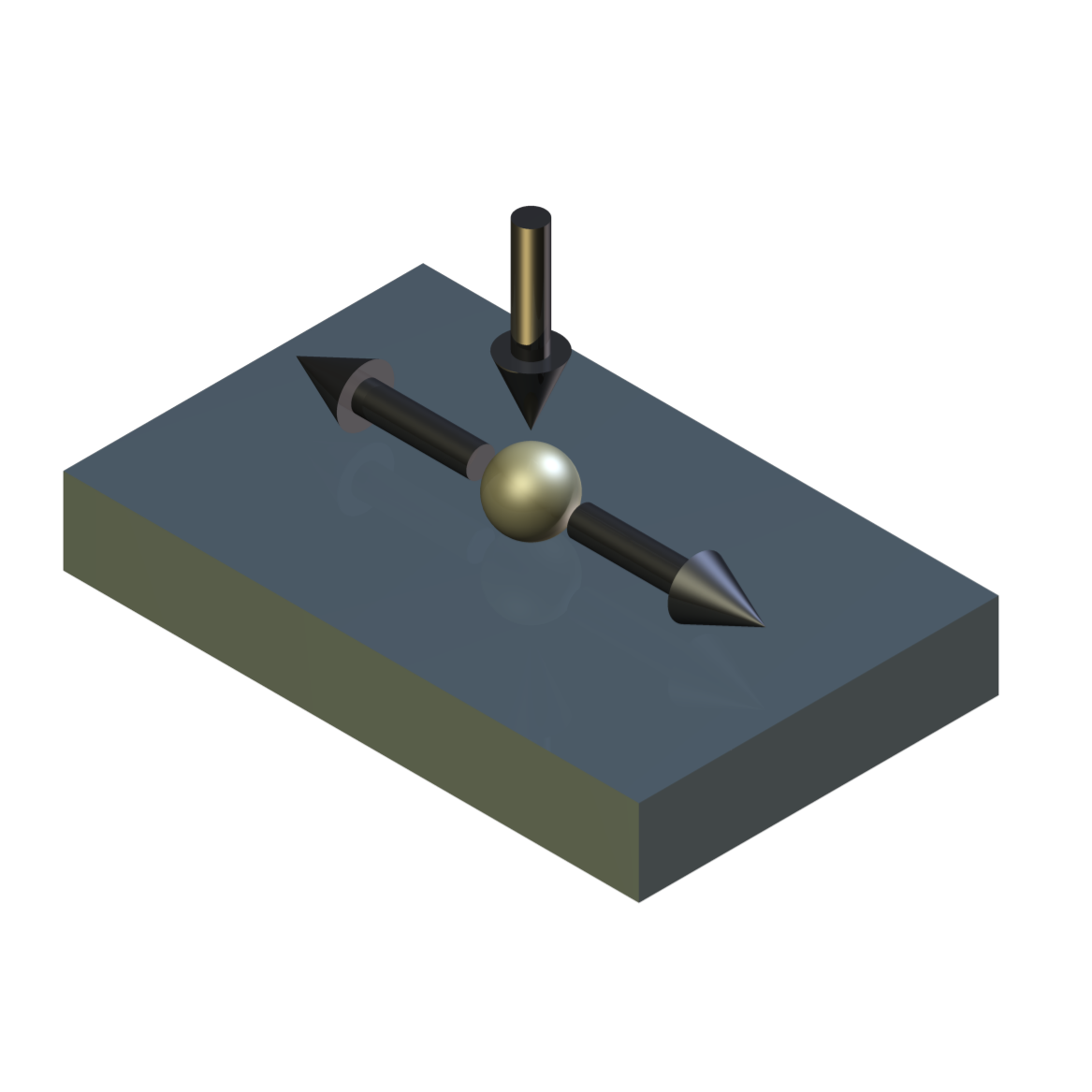
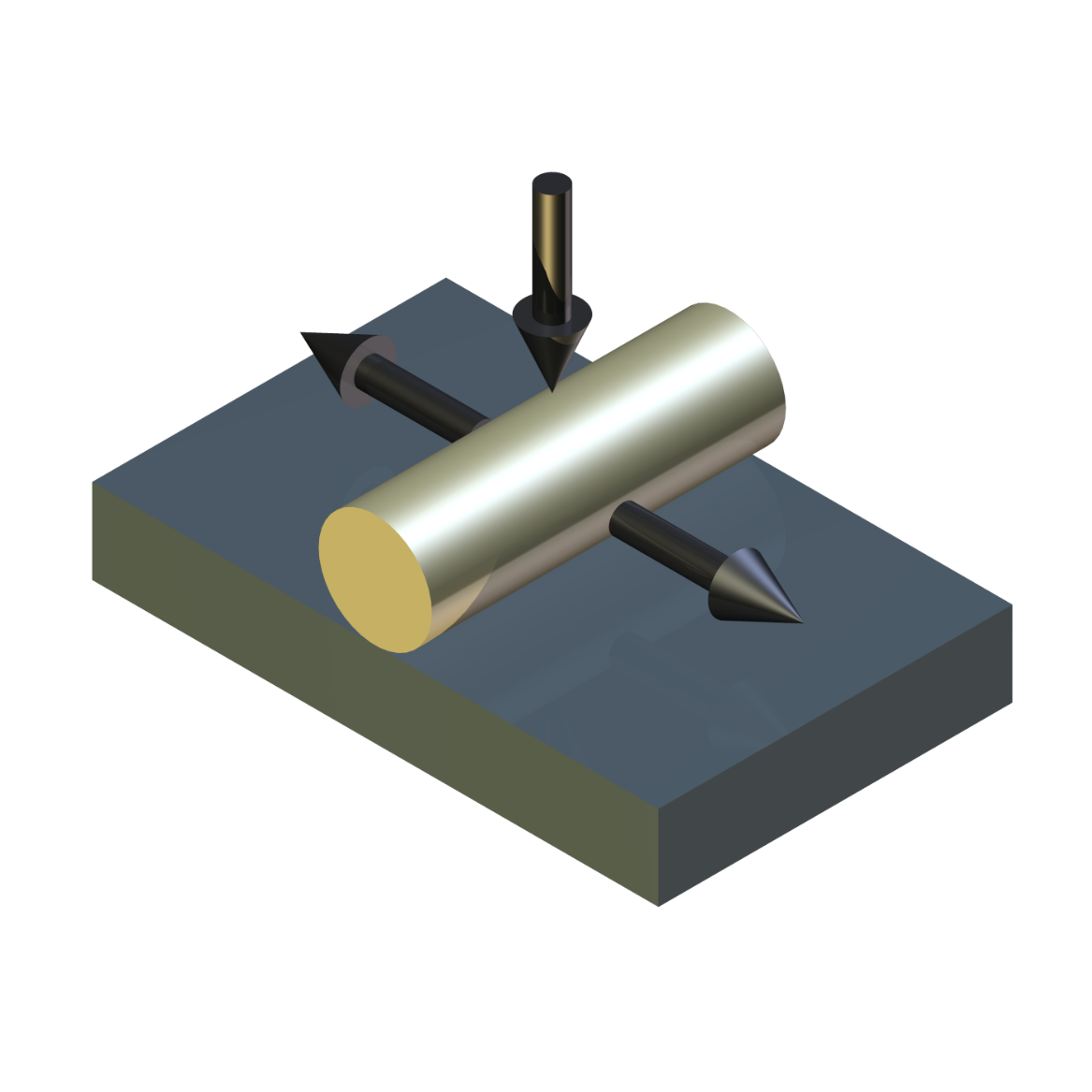
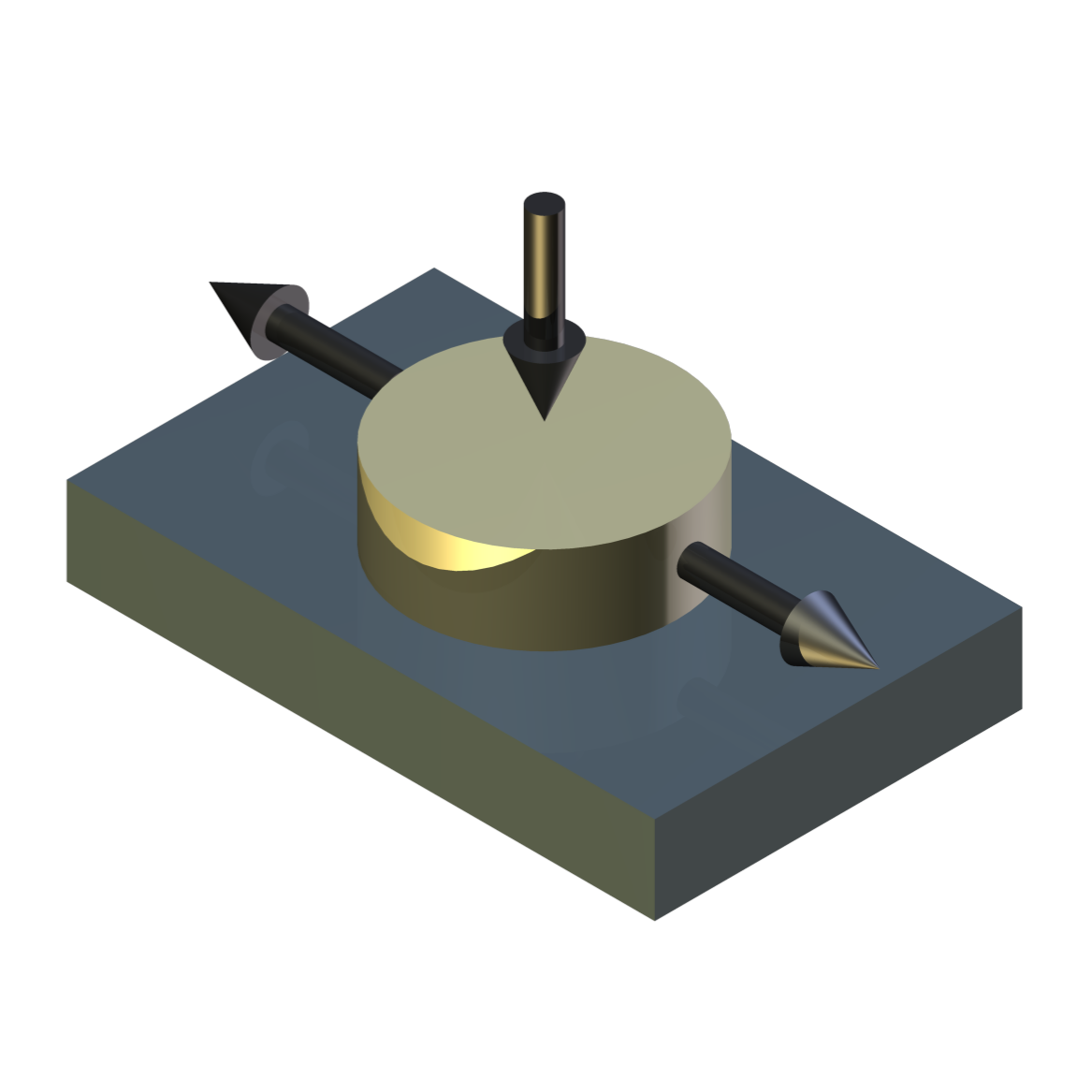
Description
The TE 76 is a two-station, vertical axis, long stroke reciprocating tribometer, which combines the reciprocating drive mechanism and fixed specimen mounting from the TE 77 High Frequency Friction Machine with a UHV test chamber.
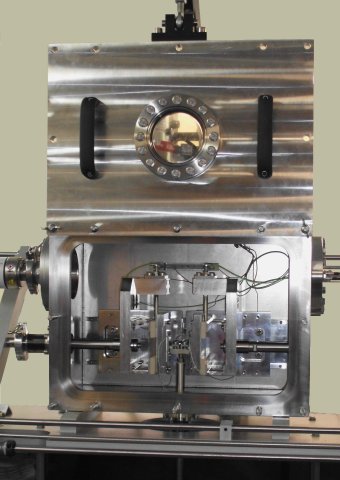
The test assembly is located vertically above the reciprocating drive assembly and comprises two fixed specimen pads, each mounted on flexures, with movement in the friction direction resisted by piezo-electric force transducers. The pads have fluid passages allowing the samples to be heated or cooled by circulation of a heat transfer medium.
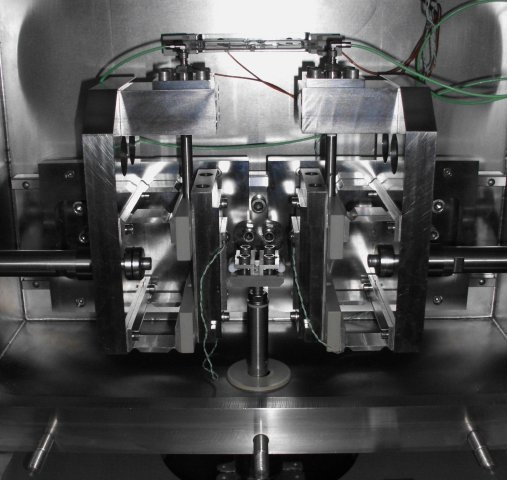
The fixed specimen assemblies are mounted on vacuum rated linear slide bearings allowing horizontal freedom of movement. Load is applied to either side of the moving specimens by squeezing the two fixed specimen assemblies together, by means of a servo controlled pneumatic bellows, with force transducer feedback. This arrangement ensures that there is no bending moment acting on the moving specimen arm.
Feed-throughs for load application and reciprocating motion are sealed with edge-welded stainless steel bellows, thus eliminating any requirement for sliding seals.Control and Data Acquisition
Control and data acquisition are implemented via host PC running COMPEND 2020 Windows compatible software, in conjunction with a Phoenix Tribology USB micro-controller interface.
Automatic control is implemented via user programmable test sequences. Manual control is implemented using on screen toggles. Data is stored to hard disc in either .csv or .tsv file formats. -
Technical Specifications
Contact Configurations: Point Contact Line Contact Area Contact Load Range: 1 to 100 N Laboratory Chiller: -35°C to 150°C Temperature Sensor: PT-100 Frequency Range: 2 to 25 Hz Stroke Range: See following tables Friction Transducer: Piezo-Electric Type Interface: Serial Link Interface Module Software: COMPEND 2000 Motor: 1.1 kW a.c. vector motor, 2048 ppr encoder Stroke Range Continuously Variable Cam – 0 to 12.5 mm Angle – degrees: Minimum – mm Maximum – mm 0 0 2 18 1.04 3.04 36 2.65 4.65 54 4.25 6.25 72 5.75 7.75 90 7.09 9.09 108 8.24 10.24 126 9.17 11.17 144 9.85 11.85 162 10.26 12.26 180 10.4 12.4 Step Variable 0 to 12.5 mm: Angle – degrees: Nominal Stroke – mm 0 0 18 1.94 36 3.83 54 5.63 72 7.29 90 8.77 108 10.03 126 11.05 144 11.79 162 12.25 180 12.5 Step Variable 12.5 to 25 mm: Angle – degrees: Nominal Stroke – mm 0 12.5 18 13.05 36 14.26 54 15.97 72 17.89 90 19.8 108 21.54 126 23 144 24.09 162 24.77 180 25 Test Chamber Pressure: Atmospheric to 100 Picobar (10-5 Pa) Environment: Air, inert gas or vacuum Material: 304 stainless steel Surface Treatment: Glass bead blasted Viewports: Fused Silica Electrical Feedthrough: 1 kVolts , 15 Ampere Coaxial Feedthrough: BNC through Flange Thermocouple: Type K through Flange Vacuum Transducer: Cold Cathode and Pirani Laboratory Chiller Fluid Temperature: -35°C to +150°C. Automatically Controlled Parameters Frequency Load Temperature Chamber Pressure Test Duration Manually Controlled Parameter Stroke Measured Parameters Friction Load Temperature Chamber Pressure Frequency Friction Coefficient . Services Electricity: 220/240 V, single phase, 50/60 Hz, with neutral and earth, 4.5 kW Clean, dry air: 4 cfm at 8 bar (120 psi) -
Download the Machine Leaflet

